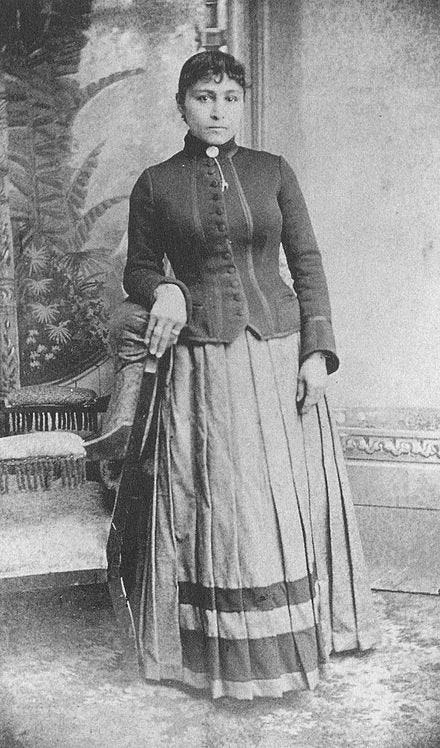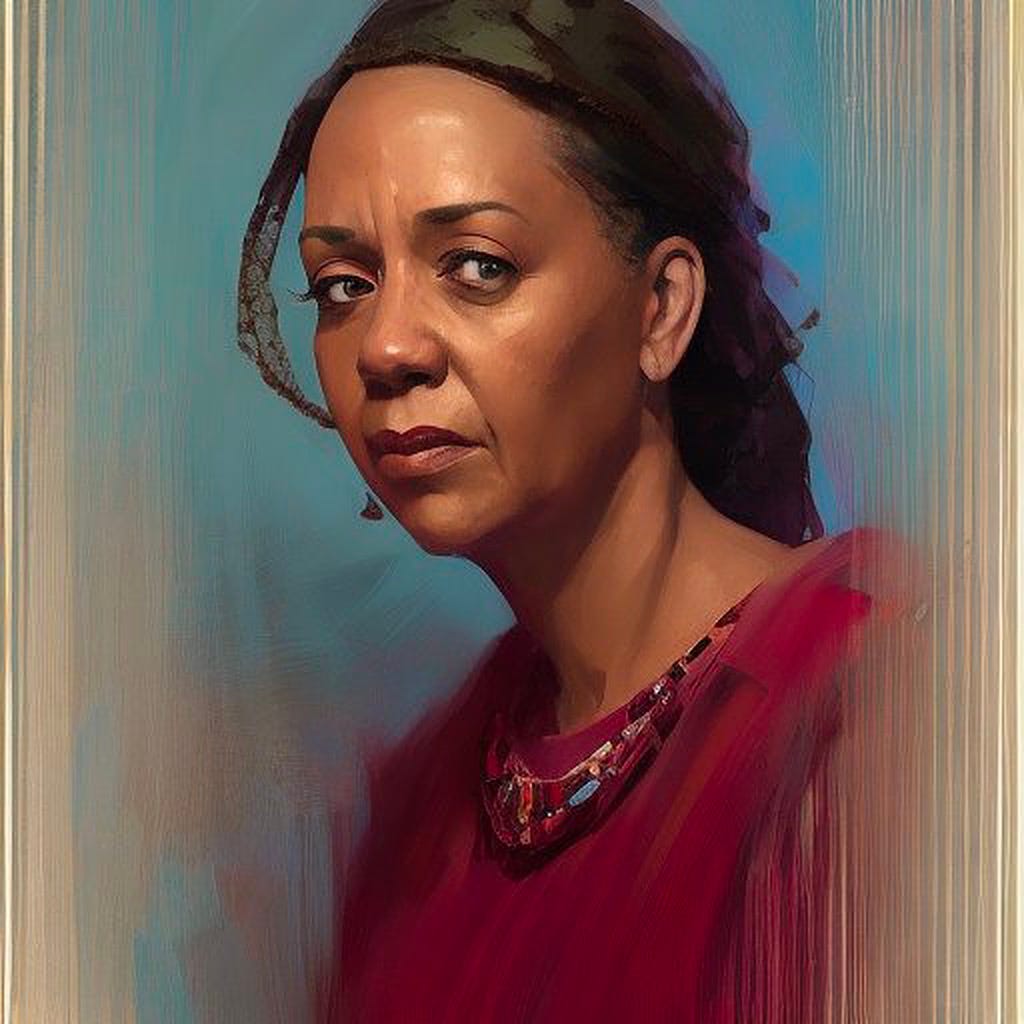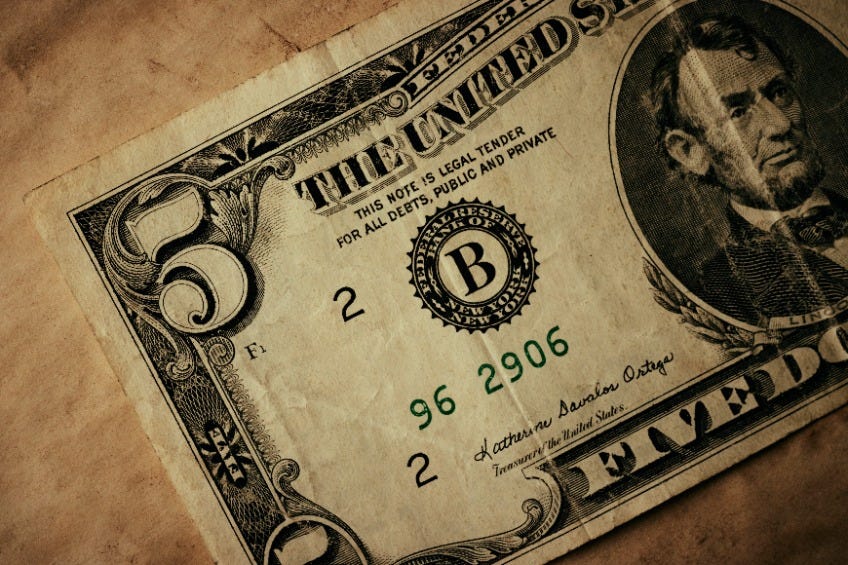Today In Black History: Amanda Dickson Toomer
One of the wealthiest African American women of the 19th century
Issue #656 Today In Black History, Tuesday, July 2, 2024
Help us to reach our July 2024 goals: +117 total new subscribers, including +20 paid subscribers:
Please share and subscribe to help us grow our publication.
If you like us, REALLY like us, please click the “Like” button at the end of this post!
Also, please scroll to the end of this post for other ways to financially support us and We Are Speaking with our books and courses.
We appreciate your support!
Today’s Black History WOW!
Born on November 20, 1849, Amanda America Dickson Toomer became one of the wealthiest African American women of the 19th century.
She was born in Hancock County, Georgia, the product of non-consensual sex (rape) between her father, David Dickson, a wealthy white planter and one of the largest landowners in the area, and Julia Francis Lewis Dickson, a 12-year-old enslaved girl on his plantation.
Despite her mother's enslaved status, Amanda was raised in the household of her father, who provided her with a level of care that was rare for mixed-race children of the time. She was educated and groomed in the ways of Southern gentility, an upbringing that distinguished her from many African Americans in the era.
She learned to read, write, and appreciate literature and the arts, skills that would serve her well throughout her life. In her late 20s, Dickson attended the normal school of Atlanta University, a historically Black college, from 1876 to 1878.
After her father died in 1885, Amanda Dickson inherited his estate. His white relatives challenged the will but Dickson ultimately won a successful ruling in the case. His estate included 17,000 acres of land in Hancock and Washington counties in Georgia and was estimated to be worth $8M in today’s dollars.
Amanda's education was thorough and atypical for a woman of her racial background during this period.
In 1866, Amanda married a white man, Charles Eubanks, a marriage that produced two sons, Julian Henry Eubanks and Charles Green Eubanks. However, the marriage was troubled and short-lived, culminating in Amanda’s decision to leave her husband and return to her father's household.
After the death of her father in 1885, Amanda Dickson inherited the bulk of his vast estate—valued at over $300,000, equivalent to roughly $8 million today. This decision was contested by white relatives, leading to a high-profile court battle that was decided in Amanda's favor. The Georgia Supreme Court upheld her inheritance, recognizing her legal rights.
Amanda used her inheritance wisely, investing in property and other ventures that increased her wealth. In 1886, she married Nathan Toomer, a prosperous mixed-race African American businessman. They resided in Augusta, Georgia, where Amanda became an influential figure within the African American community.
Her later years were marked by a commitment to social causes and education. Amanda invested in the welfare of African Americans, providing financial support for schools and other community initiatives.
Amanda America Dickson Toomer’s life was tragically cut short when she succumbed to neurasthenia, a type of emotional distress, in 1893.
Her story was dramatized in the acclaimed television movie, "A House Divided" (2000), starring Jennifer Beals and Sam Waterston.
Today In Black History
In 1777, Vermont became the first state to abolish slavery.
In 1822, freed slave Denmark Vessey, who had planned the largest slave revolt in South Carolina until his intentions were betrayed by another slave, was hanged. He was one of a total of 56 Blacks hanged.
In 1842, Black inventor Elijah McCoy patented the steam engine lubricator.
In 1943, Lieutenant Charles Hall of the 99th Pursuit Squadron became the first Black pilot to shoot down a Nazi plane.
In 1964, Congress passed the 1964 Civil Rights Act, addressing integration in public accommodations, and fair employment practices, and established the Equal Opportunity Employment Commission EEOC).
In 1973, the first Black-owned and operated radio news network, the National Black Network, made its first broadcast.
In 1986, the Supreme Court, in 2 rulings, upheld affirmative action.
Our paid subscribers are encouraged to discuss this post in our W.A.S. Chat Community.
Join Pamela Hilliard Owens’s subscriber chat
Available in the Substack app and on web
You are also welcome to view “We Are Speaking” in Substack Notes. You can also read other Substack publications without subscribing to them when you join Notes.
This post is free to read for three days. To have access 365/24/7 to our full archive, comment on our posts, and financially support “We Are Speaking” for no more than $5 per month, please subscribe at the paid level.







